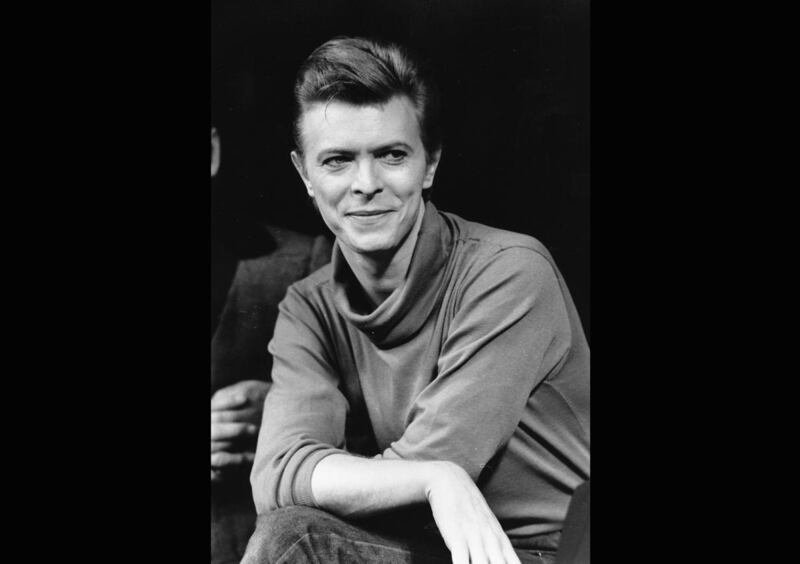It was Aug. 9, 1987, and my friend had managed to get two tickets to David Bowie’s concert at Anaheim Stadium outside of Los Angeles. They were good seats, too — we were down on the field about 20 rows back from the stage.
I showed up and was stunned by the 60-foot giant metal spider standing just a few yards away from me. When the show started, Bowie descended from the center of that spider, and the crowd went wild. Everyone was on their feet, screaming at the top of their lungs. We had to stand on the top of our folding chairs to even see the stage.
But then something happened. Bowie didn’t address the audience directly — there was no “How you doin’, Los Angeles? Are you ready to rock?” Instead, he stepped out of the spider into a bizarre theatrical play, complete with dancers dressed as derelicts and a great deal of nonsensical dialogue. Verbal exchanges were occasionally interrupted by songs from his new album that nobody liked. It felt like those bad 1980's music videos where pretentious hooey is dressed up as profound symbolism and nothing makes a lick of sense. Eventually, we stopped standing on our chairs, and then we stopped standing altogether.
As we glumly sat down and watched the weirdness unfold, I turned to my friend and said, “I don’t get it.”
That may seem like a rather ungenerous way to remember the late Bowie, who recently passed away after a private battle with cancer. It also belies the depth of loss I felt when I heard of his passing. Evidently, there is a great deal about David Bowie that I still don’t get.
In hindsight, it’s clear that this was the whole point.
Bowie trafficked in strangeness. He reveled in the alienation and isolation that are the paradoxical common elements of the human condition. He was far more interested in challenging his audience’s expectations than meeting them.
Back then, it would have been the easiest thing in the world for Bowie to tour as a greatest-hits nostalgia act, plowing through his beloved oldies in between a bunch of good-natured banter with the crowd. But Bowie was never satisfied with past achievements. He never stopped looking forward, even to the end of his life.
In all honesty, I can’t claim to be an ardent Bowie fan. But it’s impossible for anyone, fan or no, to deny the tectonic impact he’s had on the culture at large. You don’t have to be a Bowie fan to recognize that his influence has permanently transformed and expanded the boundaries of what popular entertainment can say or do.
Before Bowie, people sang songs. David Bowie created worlds. And when some of those worlds were too alien for others to fully embrace, Bowie kept moving ahead at light speed, while his audience often took years or even decades to catch up with him.
Consider the “Glass Spider” tour, which fell flat with many of the critics of the day who, like me, just didn’t get it when it was happening. In 2009, the BBC published an article which chronicled the tour’s influence on other performers, calling it the “blueprint” for how rock spectacle ought to be done. In 2010, it won an award for being one of the best concert designs of all time. It seems that we finally caught up with him on this, and it only took a couple of decades to do it.
That’s perhaps why this hit me harder than the loss of other public figures typically does. It’s not just that he’s gone; it’s that his absence is likely to be felt for decades to come. It’s going to take a generation or two for the rest of us to finally catch up with him.
Jim Bennett is a recovering actor, theater producer and politico, and he writes about pop culture and politics at his blog, stallioncornell.com.


